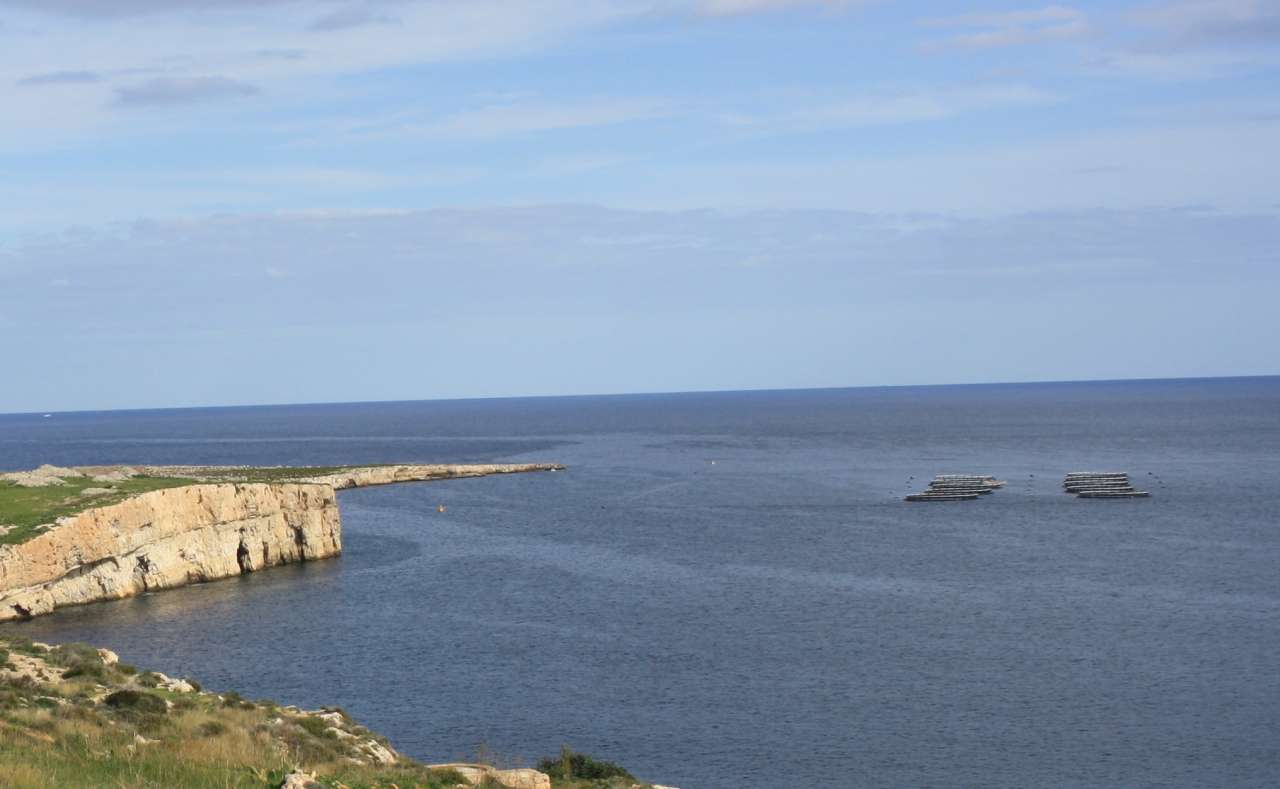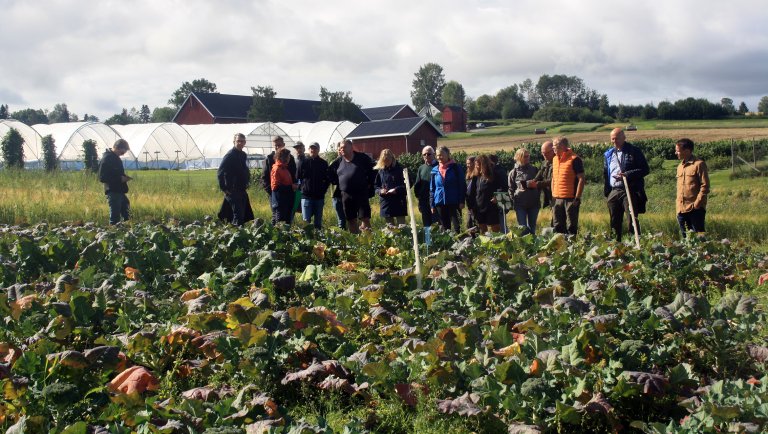Division of Environment and Natural Resources
Producing advanced bio-based fertilizers from fisheries wastes - SEA2LAND

End: dec 2024
Start: jan 2021
The aim of SEA2LAND is to valorize waste/residues from fishereis and aquaculture as fertilisers and soil improvers.
This is a European project with partners from Malta and other Meditranean countries in the south to Norway in the north as well as in Chile in South America. A large number of products will be developed and tested across Europe. The goal is to develop products ready for market.
In Norway we focus on fish sludge from aquaculture.
| Start - end date | 01.01.2021 - 31.12.2024 |
| Division | Division of Environment and Natural Resources |
| Partners | European project |
| Total budget | 3478379 |
| Funding source | H2020 |
Fertiliser products will be developed from residues and tested for fertiiser value and safety.
Both small scale laboratory tests (incubations, pot trials) and larger scale field trias will be carried out, as well as simulation modelling.
NIBIO leads the work package on "Evaluation of agronomic and environmental performance". In November 2021 this work package had a kick off meeting in Bilbao. As covid-19 was still an issue, it was a hybrid meeting where some participated online. For those physically present there was also an excursion, and a workshop to learn to use the DNDC simulation model was arranged in connection with the meeting.
NIBIO collaborates with the firm "Grønn Gjødsel" on producing fertiliser products from fish sludge. We tried to use bokashi fermentation to reduce pH and nitrogen loss during subsequent drying of fish sludge. However, bokashi fermentation did not reduce pH more than storing without bokashi.
On March 21st 2023 we organised a workshop at the premises of Fredrikstad Seafood. As well as progress in the SEA2LAND project, other issues related to better use of fish sludge were discussed. Export of feltiliser products based on fish sludge to other European countries and the rest of the world was discussed, including leagal issues.
Dried fish sludge and compound product containing fish sludge and other residues to get a balanced fertiliser product have been produced. They have been analysed and tested in pot trials together with other products produced by other European partners. The Norwegian trial was in Apelsvoll, the picture below shows field day on August 16th 2023, just before harvest.
In June 2024 we organised a consortium meeting for the project in Ås. We also had excursions, among them to Grønn Gjødsel. they produce organic fertilisers and are also partners in the project.

Foto: Bente Føreid

